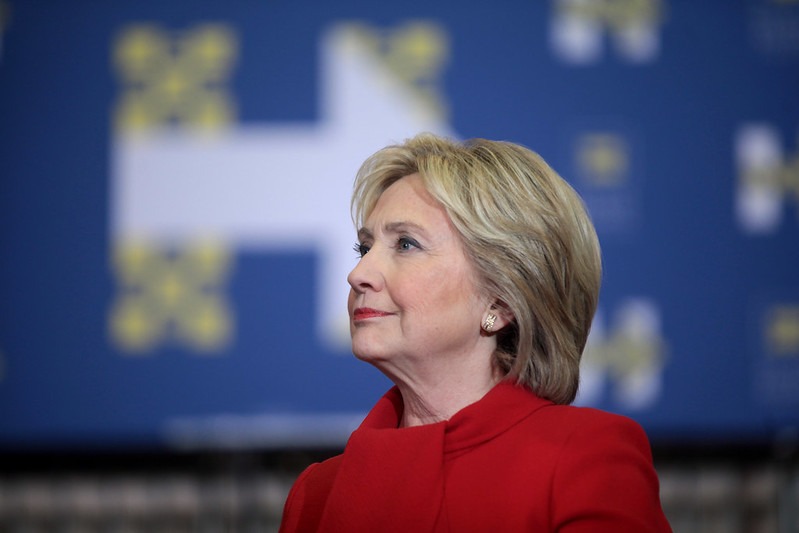Stressed out by the election’s media monster
3 min read
Gage Skidmore | Flickr. (https://creativecommons.org/licenses/by-sa/2.0/legalcode)
By REBECCA MELSON
This year’s election process has been one of the most emotional, stressful and disappointing elections that I have ever lived through. The two top candidates have presented themselves like a bickering old couple, exhausting the American public with their sensationalism and constant media attacks.
Despite whether you wish to vote Democrat or Republican, it seems that the government’s integrity has lost its place within our American culture. To make things worse, the degenerative and attacking nature in which the campaigning process has been conducted has divided us as a country.
Current situations, such as the constant stream of WikiLeaks add to the untrustworthiness and insinuated incompetence of Hillary Clinton, while the disturbing actions and suggestions of our Republican candidate Donald Trump, have created a media monster.
Any social media outlet can be found painted with emotional and violent insinuations regarding candidates or political parties, so much so that I have to unplug from Twitter, Facebook, Tumblr and all news channels to get a break from the intensity of our inevitable demise.
This disgraceful nature in which elections are covered is not new. In fact, it seems to be a tradition. According to an article from the Los Angeles Times, the election fight of 1828 involving Thomas Jefferson and John Adams was colorfully painted with suggestions that Adams was a “hideous hermaphrodital character, which has neither the force and firmness of a man, nor the gentleness and sensibility of a woman.” With Adam’s supporters accusing Jefferson of being an “adulterer” and calling his mother a “common prostitute.”
Even though this may not be new behavior, in this day and age, the actions of our candidates are still shocking and represent us at our worst.
If you are like me and have a higher expectation of truth and integrity from our country’s future leader, you will agree that the reality TV show-like campaign we have endured is quite disturbing.
The constant flow of this election’s coverage, demonstrating immaturity and incompetency, seems to have lowered the overall expectation within our government to demonstrate dignity within a changing global system.
The question then lies—how do ‘we the people’ feel about this? Have we just surrendered to what will come, hanging our head low and hoping for the best?
Walking on campus, I wanted to gauge how my fellow students felt about this year’s election, and its future implications. Senior English major, Cheyenne Rollins, expressed feelings of frustration regarding this year’s election.
“It’s all a big manipulation game. I feel that journalists are trying to push me in the direction they want me to go,” Rollins said. “My philosophy on voting is, you should trust who you are voting for, and I don’t like being told how to feel. Who wants to vote for someone who is lying to them? That’s like rewarding a child with candy, and they just burnt your house down. Give me an honest reason why.”
Sophomore and political science and English double major, Charlton Rosenblith, is feeling the burden as well. “There is no point [when] I am not feeling stressed or worried. In this media culture, things come out all the time and we don’t get a break,” Rosenblith said.
“When you get on Facebook or happen to like news sources, it hurts. I want to believe in somebody, but I just don’t have those options. I don’t have anybody who is in my corner, and nobody is coming out with their noses clean in this situation.”
Even through the chaos of this election year’s process and findings, there is still hope. As Rosenblith observes, “Systematically we are at a place where we are tearing apart and coming loose, but at the same time, we are having conversations that we need to have.”
The media’s coverage has forced us to look at racism, sexism and our own diversity as a country, and we can take these conversations and continue to address and amend them in a collective way, rejecting the emphasis on our division.
After all, the power of a country comes from the ground up, and the foundation of American government is built upon “We the People.”











